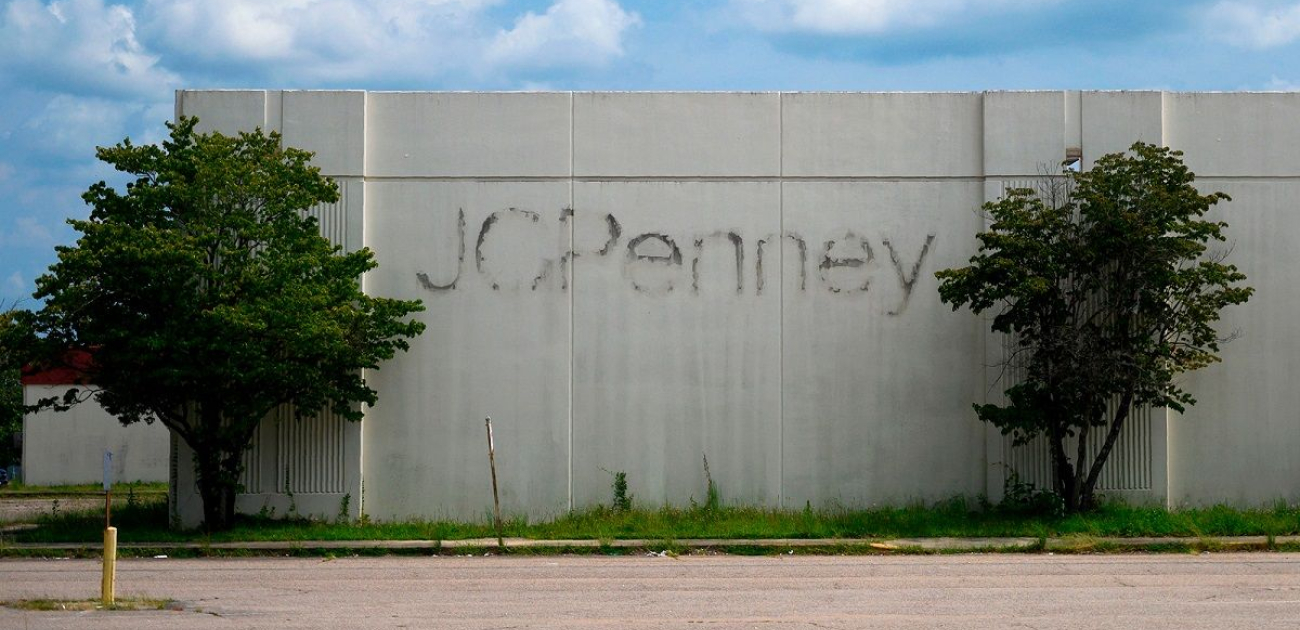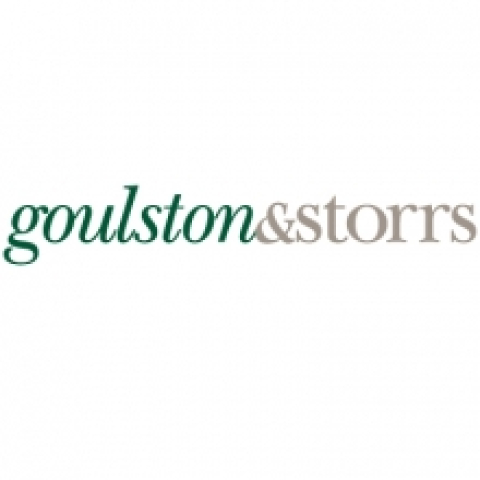Straightening Their Tenants' Ties: Retail Property Owners Are Buying Distressed Retailers Out of Bankruptcy
Since the early days of the COVID-19 crisis in the U.S., it has been a recurring theme to turn on the news and see that yet another big-name retailer is rumored to be on the brink of filing, or has already filed, for bankruptcy. Many well-known brands many of which were already experiencing a downturn in profits even before the novel coronavirus caused store closures across the country, now find themselves in financial distress, not infrequently causing them to file for protection under chapter 11 of the U.S. Bankruptcy Code. While retailers are proceeding in chapter 11, opportunistic investors may purchase these companies as a going concern—in some cases, for a substantial discount.
Simon Property Group, the mall giant, and Authentic Brands, the owner and licensor of over 50 well-known brands, are two such companies. Simon and Authentic Brands most recently acquired the iconic clothing retailer, Brooks Brothers. Brooks Brothers, which has been in business for over 200 years, filed for bankruptcy in July 2020. On August 31, 2020, Simon and Authentic Brands closed the sale and purchased Brooks Brothers for $325 million.
This is not the first such acquisition for Simon and Authentic Brands, which together (and occasionally with Brookfield Properties, another of the largest mall owners in the country) have been buying distressed retailers out of bankruptcy for a few years now. The companies’ first venture was acquiring apparel retailer Aeropostale in September 2016 for $243.3 million. Early in 2020, Simon and Authentic Brands created a company, SPARC Group LLC, to complete these transactions. In February, SPARC, together with Brookfield Property Partners, acquired Forever 21 out of bankruptcy for $81 million. Just prior to SPARC’s acquisition of Brooks Brothers, SPARC acquired the Lucky Brand apparel company for $140.1 million. SPARC has not yet made decisions regarding which Lucky Brand or Brooks Brothers stores it will keep open and operating, and, in each case, has at least a couple of months post-closing before it needs to designate the stores it will retain. And finally, in some late-breaking news, it was reported yesterday at an emergency hearing held in the JC Penney bankruptcy case that Simon and Brookfield together are in negotiations to acquire that retail chain for $800 million, which would prevent the closure of hundreds of JC Penney stores across the U.S.
In the short-term, these acquisitions should prove to be lucrative for both Simon and Authentic Brands. As a result of SPARC's acquisition of these retailers, Simon—the largest shopping mall operator in America—is able to better control the occupancy rates at its shopping centers, helping to ensure their continued viability, while Authentic Brands benefits by having its retail business partner also be the landlord of many of its brick and mortar store locations. In addition, the CEO of SPARC (and former CEO of Aeropostale), Marc Miller, explained that by acquiring these retailers, SPARC is able to spread expenses across its multiple brands. SPARC will not acquire just any distressed retailer, but only those that have international recognition and a solid foundation, which attributes put the retailers in a better position to again succeed in the consumer marketplace. A return to success, particularly if many retail stores remain open and operating, will lead to the preservation/creation of jobs, which will certainly be a benefit to the overall economy as well.
The longer-term success of this strategy – both to SPARC and the operating companies it acquires – is less clear. The future impact of COVID-19 on retail, including retailers’ ability to ride out any significant second or third rounds of governmentally mandated store closures, remains entirely uncertain. As a result, any expansion of retail holdings and physical store locations comes with some inherent risk. In addition, some competitors and other interested parties are already starting to quietly wonder whether the growing list of retailers under the Simon and Authentic Brands umbrella does or should at some point raise antitrust concerns. Whether SPARC will be able to retain the high quality of the brands it acquires as it continues to acquire more and more companies is another question. Time will be the ultimate judge of the wisdom of Simon’s strategy in partnering with Authentic Brands, but – at least for now – it seems like a creative way for commercial real estate owners to weather the retail bankruptcy storm brought to a head by the COVID-19 pandemic.
Do you want more information?
 Vanessa Moody
Vanessa MoodyCommercial leasing, corporate bankruptcies and restructuring matters are the focus of Vanessa Moody's diverse practice. Vanessa represents clients in connection with retail and restaurant leasing matters, and drafts and negotiates complex commercial leases, including ground leases and ancillary documents such as reciprocal easement agreements and condominium documents.

